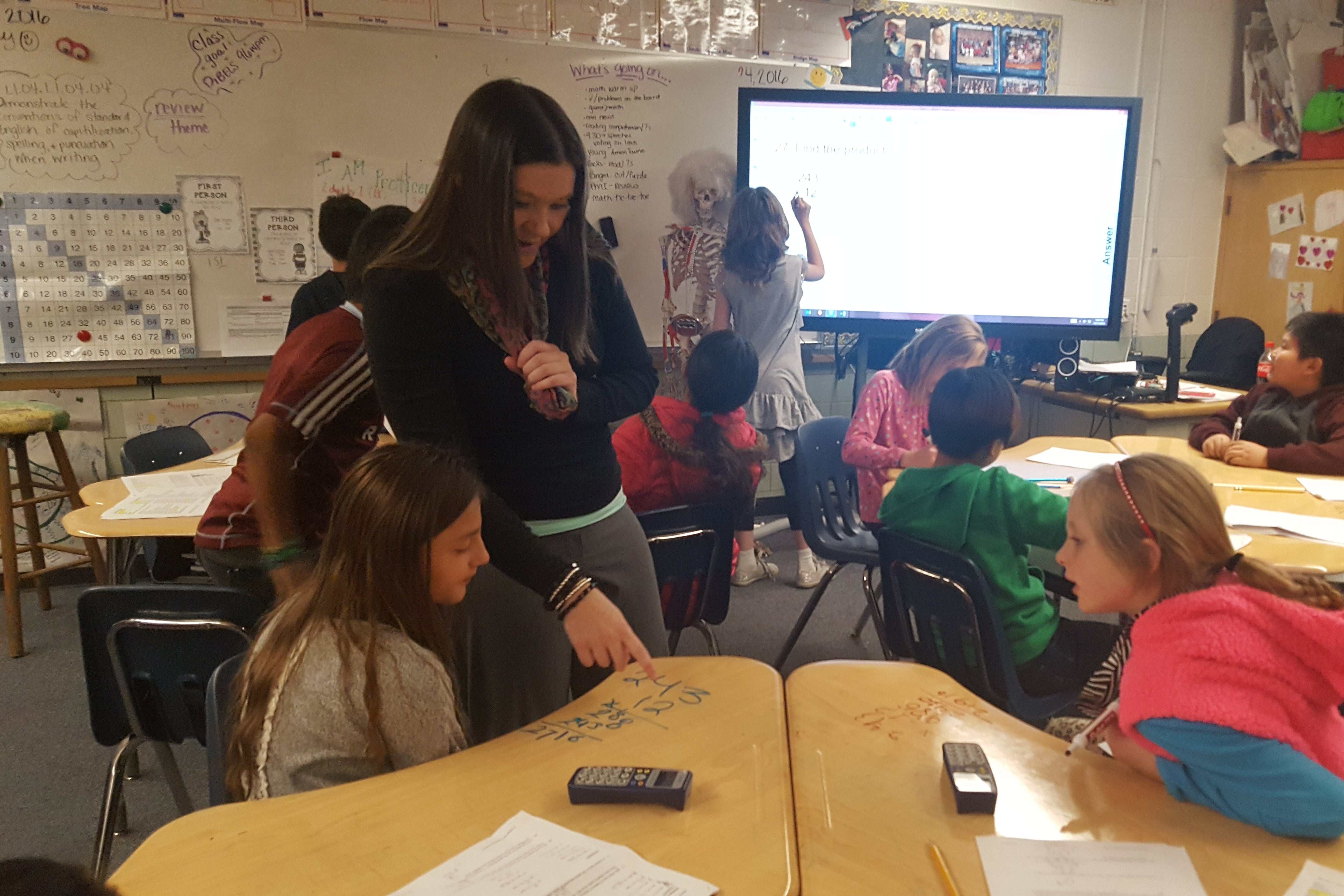Sign up for Chalkbeat Colorado’s free daily newsletter to get the latest reporting from us, plus curated news from other Colorado outlets, delivered to your inbox.
This November, voters in Westminster will select three new school board members from six candidates.
It’s the first time in six years that the school board will have enough candidates for an election.
The candidates are organized into two opposing groups. One group, which says the district is headed in the right direction and should stay the course, includes incumbent Christine Martinez, joined by Audrey Yanos and Mary Beth Murphy. The second group, which says it’s time for some change, includes Anthony Sisneros and husband-and-wife team Charles and Brenda Gallegos.
The candidates are elected “at large” — meaning they represent the entire district. All six candidates will appear on the ballot for the Nov. 7 election, and voters can choose three of them. The top vote-getters will join the board.
The board has five members in all. In addition to the three new board members, the district will also have a new superintendent next year, as Superintendent Pam Swanson announced she will retire at the end of this school year.
We asked school board candidates some questions to help voters know more about each candidate before voting. Read their answers below. Responses may have been edited for formatting or trimmed for length, but otherwise each candidate’s answers are as submitted.
To learn more about what school board members do, read our story here.
Yesenia Robles is a reporter for Chalkbeat Colorado covering K-12 school districts and multilingual education. Contact Yesenia at yrobles@chalkbeat.org.





